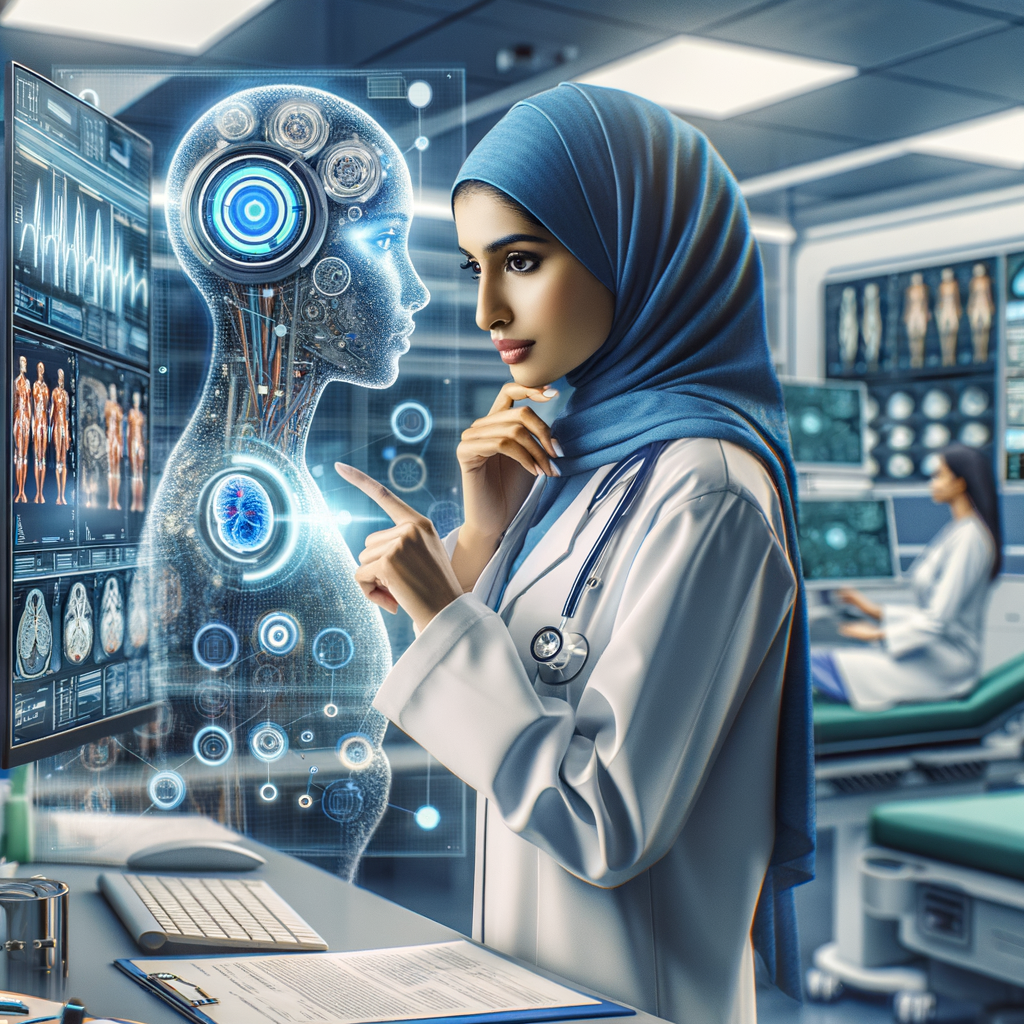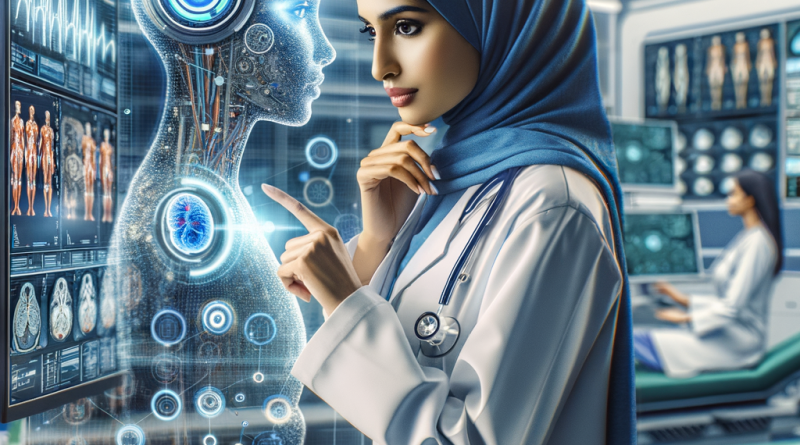Title: How AI Is Transforming Healthcare with Apple Leading the Way

Will Your iPhone Be Your Next Doctor? The Rise of AI in Healthcare
In a world where artificial intelligence is becoming increasingly embedded in our daily lives, from smart assistants to self-driving cars, perhaps the most meaningful evolution is happening in the healthcare space. The news that Apple is working on an AI-powered health assistant—Health+—suggests a future where your iPhone won’t just count your steps, but could also help diagnose illnesses and keep you healthier in the long run.
Apple’s AI Doctor: What is Health+?
According to reports, Apple plans to roll out its AI healthcare assistant by summer 2026. Designed to revamp the existing Health app, Health+ will pull data from multiple health metrics, including exercise, sleep, heart rate, and more. But it’s not just about data aggregation—it’s about intelligent, tailored interventions.
- 💡 Uses data from wearables and health records
- 📚 Trained using real input from medical professionals
- 📹 Plans for video content from doctors offering advice
This AI “health coach” is part of a broader landscape of companies leveraging generative AI in healthcare.
Meet the Healthcare Copilots
Apple isn’t alone in bringing AI deeper into medical practice. Two startups are currently revolutionizing how clinicians interact with patient data:
| Startup | What It Does | Funding |
|---|---|---|
| Abridge | Converts doctor-patient conversations into structured medical notes, documentation, and billing codes | $250 million |
| Navina | Creates a comprehensive patient profile by aggregating existing health records | $55 million |
Both aim to counteract burnout among doctors — a staggering 40% want out within the next 3 years. Abridge does this by simplifying administrative burdens post-consultations; Navina, on the other hand, ensures that no important detail is lost in the paperwork shuffle.
AI’S Superpower: Detecting Diseases Early
AI’s strength lies in pattern recognition, making it ideal for analyzing medical scans. Tools like Google’s Gemini show exceptional ability to review CTs, MRIs, and even detect subtle organ abnormalities unnoticed by the human eye.
“Sometimes the difference between early diagnosis and late-stage illness is a single overlooked data point.”
Here’s how it might work:
- 🧠 Recognizes organs automatically
- 🔎 Flags anomalies (e.g. swelling of pancreas)
- 💬 Cross-references scan results with lab metrics (like blood counts)
- 🎯 Generates possible diagnoses and recommends follow-up scans
How AI is Saving Lives Today
Here’s a snapshot of recent breakthroughs:
- 🔬 ANORAK: Predicts outcomes in lung cancer patients with remarkable precision
- 🧬 AI systems outperform traditional methods in colon cancer tissue classification
- 📚 Offers physicians real-time insights drawn from millions of research papers
In a TED-style talk, a speaker likened future healthcare to “an air traffic control system,” where AI orchestrates individual treatment plans while feeding into wider studies — ensuring every patient not only gets the best care, but also contributes to future learnings.
Challenges Ahead: Diagnosis vs. Treatment
Detecting cancer is just one piece. Treatment is even more complex. The number of potential drug combinations and treatment paths is astronomical.
That’s where AI’s capacity really shines—exploring millions of scenarios, comparing outcomes, and making data-backed recommendations. Traditional clinical trials can take years. AI speeds up what used to be science fiction.
The Verdict: Collaboration, Not Replacement
It’s tempting to assume AI will replace doctors. But the future is more nuanced. AI will be an enabler, not a substitute. Doctors will still be the core decision-makers, but armed with tools that minimize error, surface forgotten details, and streamline workflows.
So, will your iPhone become your next doctor? Probably not. But it could become the assistant your doctor wishes they had.
And if that leads to better diagnosis, earlier treatments, and less burnout in healthcare workers—we’re looking at a healthier future fostered by human-AI collaboration.
Infographic: AI in Healthcare Timeline

Useful Resources
Final Thoughts
From physician burnout to cancer detection, AI is addressing some of healthcare’s most urgent pain points. We are just beginning to see the immense potential AI holds—not as a menace, but as a much-needed ally in making healthcare smarter, faster, and more humane.
Stay healthy, and stay informed.
Want more digestible AI content like this? Subscribe to newsletters like The Neuron.
#Hashtags
#AIinHealthcare #AppleHealthPlus #MedicalAI #DigitalHealth #CancerDetectionAI #HealthTech #FutureOfMedicine #AIandDoctors #HealthcareInnovation #ArtificialIntelligence
